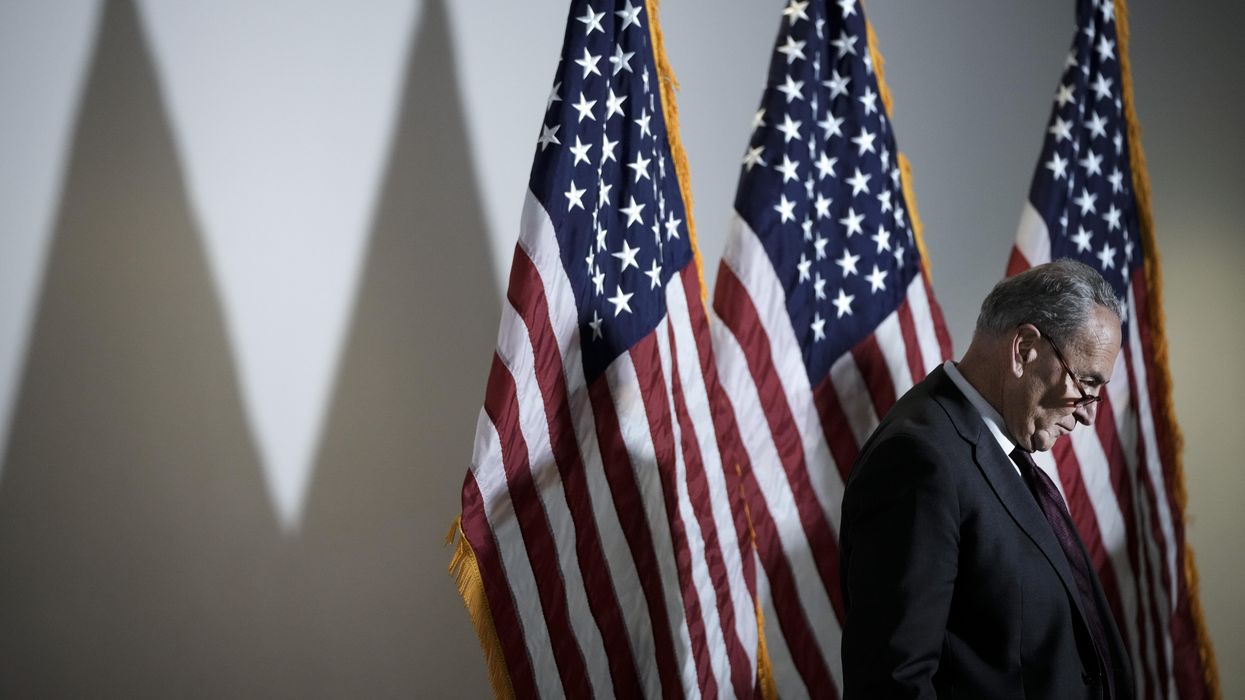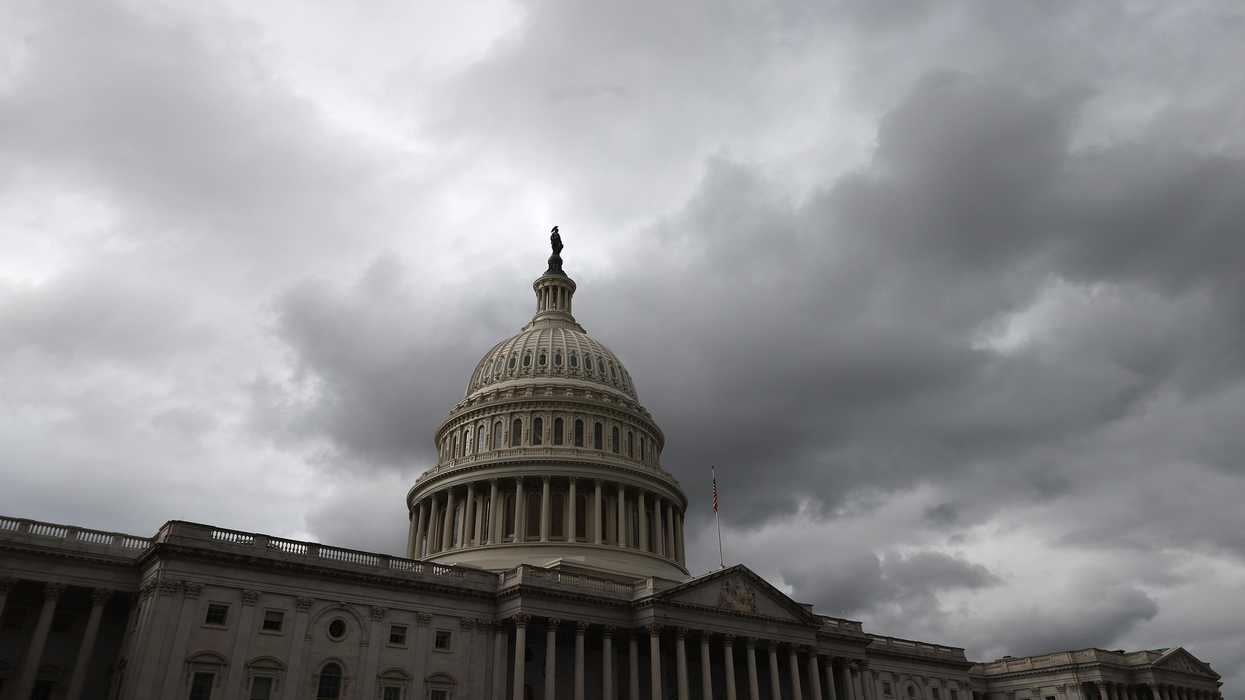Johnson is executive director of Election Reformers Network, a nonprofit founded by international election specialists to promote electoral improvements in the United States.
Absent a remarkable change of heart from Democratic Sen. Joe Manchin, the For the People Act seems headed for defeat. Democratic congressional leaders insist on binding the bill's many elements as one package, but they should now shift focus to the individual components with at least some chance of becoming law.
Doing so will require Democrats to back away from battling the much-discussed restrictive election legislation in Georgia and other states. This will be a hard step to take, but some perspective can help.
In 2018, before some of the voting options opposed by Republicans even existed in some states, more than three-quarters of local election officials told pollsters that voting and registration had gotten easier during their tenures. Last year brought further, significant expansion of voting options. The Republican restrictions on some of these options are blatantly partisan, and a galling reminder of Donald Trump's continued influence. But such restrictions do not entail, as E.J. Dione claimed in a Washington Post op-ed Sunday, that "the voting rights of millions hang by a thread."
Yes, state-level advocates should fight these restrictions in court and keep them in the eyes of voters, who may come to punish Republicans for their anti-minority behavior, as Californians did over anti-immigrant legislation a generation ago. And it may well turn out that the greatest harm of these bills lies not in their voter restriction provisions, but in the dangerous expansion of legislative control over election administration, a problem the For the People Act (also known as HR 1 in the House, and S 1 in the Senate) does not address.
In the Senate, the focus should shift to pieces of S 1 with more broad-based support and the potential for significant impact on our democracy. Chief among these is the bill's ban on partisan gerrymandering for congressional elections.
Gerrymandering is theft by another name, skewing representation in Congress away from popular preference. A 2017 Brennan Center for Justice report estimated that Republicans won 16 or 17 more seats in the 115th Congresses than they would have if a politically neutral redistricting process had been in place.
Democrats of course also gerrymander, and the party used that tactic to grab seats when it controlled more state legislatures (turning Ronald Reagan into an ardent advocate of reform). Both parties will seek maximum advantage in the maps to be drawn this fall, and biased districting will be much more difficult to counter in federal courts than in prior decades. Even blue states that have implemented nonbinding reforms, like New York, will likely succumb to the political need to maximize political advantage.
But the harm of partisan gerrymandering goes deeper. In safe gerrymandered districts, political competition shifts from the general election to the primaries, with a their much smaller, unrepresentative and more ideological voter base, making the extremes of both parties( and the fear of being "primaried") a dominant concern for members of the House of Representatives.
Revealingly, the 138 Republican House members who voted on Jan. 6 to oppose the Electoral College votes of Arizona and Pennsylvania come from significantly less competitive districts on average than their less rebellious peers (based on data from the Cook Partisan Voter Index). Several "rebel" Republicans had themselves entered Congress via a primary challenge against a Republican incumbent.
In this context, redistricting reform could be presented as Congress' response to the attempted coup of Jan. 6, a framing that could help with the critical issue of Republican support. Seven Republicans followed the Jan. 6 attack by voting to impeach Donald Trump. Rep. Liz Cheney's ouster from the leadership last week may have opened three more to the value of reform to slow the advancing Marjorie Taylor Green wing of their party.
Redistricting reform could gain support among business organizations for the same reason. A state chamber of commerce CEO told me gerrymandering is becoming a priority concern among chambers because "it elects the crazies."
Republican voters understand the core unfairness of insiders drawing their own districts. Recent polling on provisions of the For the People Act showed 59 percent support from Republicans . In 2018, 74 percent of counties Trump won in 2016 by 25 points or more backed anti-gerrymandering ballot initiatives in Michigan, Ohio, Colorado and Missouri.
Other elements of S 1 Senate Democrats could prioritize include campaign finance disclosure (with 80 percent support among Republicans) and a new provision protecting election officials from threats and harassment. These elements could combine with anti-gerrymandering or be presented in separate bills, which could at least force an up-or-down vote on these popular issues.
But anti-gerrymandering should be the lodestar. Relative to other democracies our system allows people with partisan interests extraordinary control over election rulemaking and administration. Party-led state legislatures are micromanaging election rules, and partisan elected election officials have at times posed serious threats to fairness (for example, Florida Secretary of State Katherine Harris in 2000). Congressional action on redistricting reform would be a huge win, perhaps second only to the voting rights act, and a major step toward less partisanship at the core of our electoral ecosystem.





















